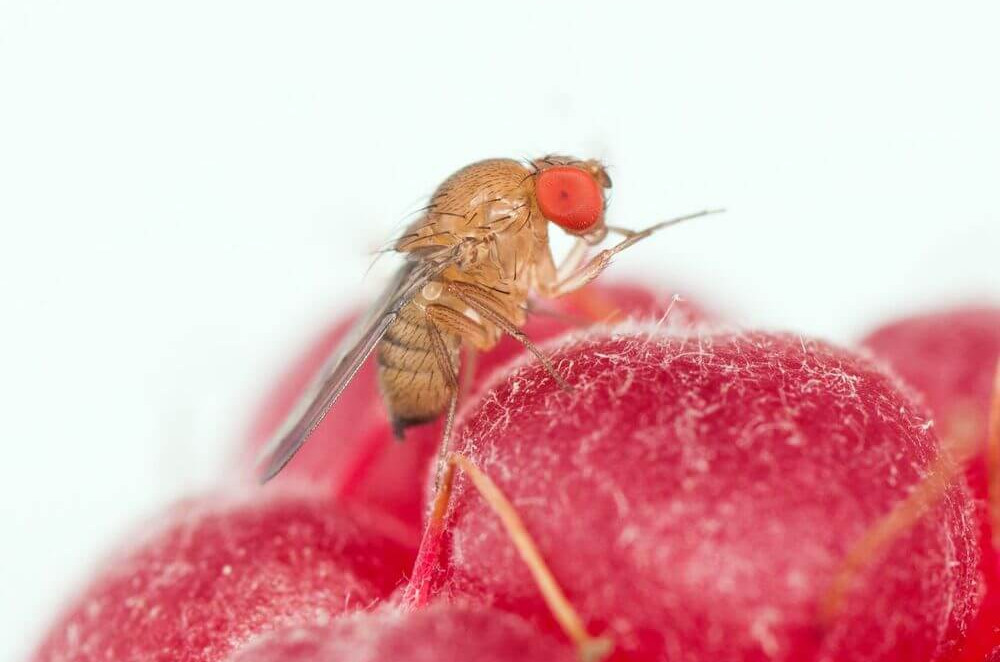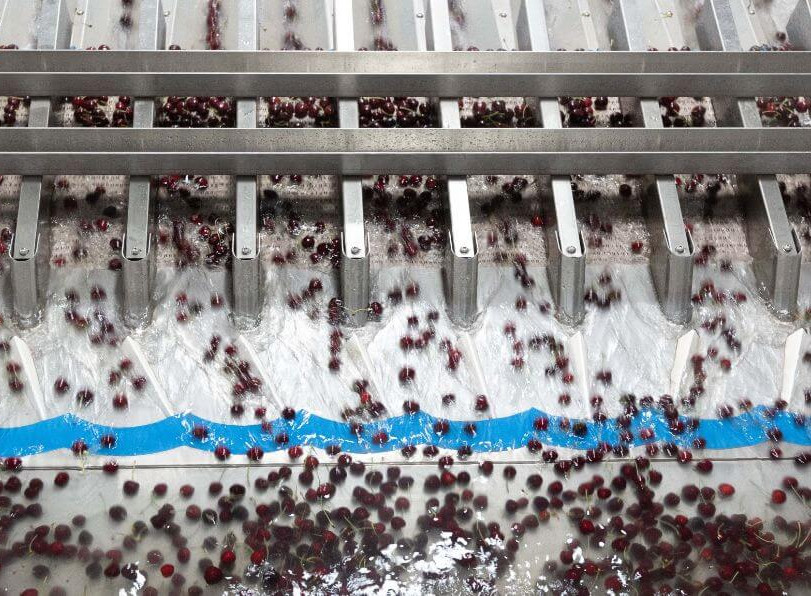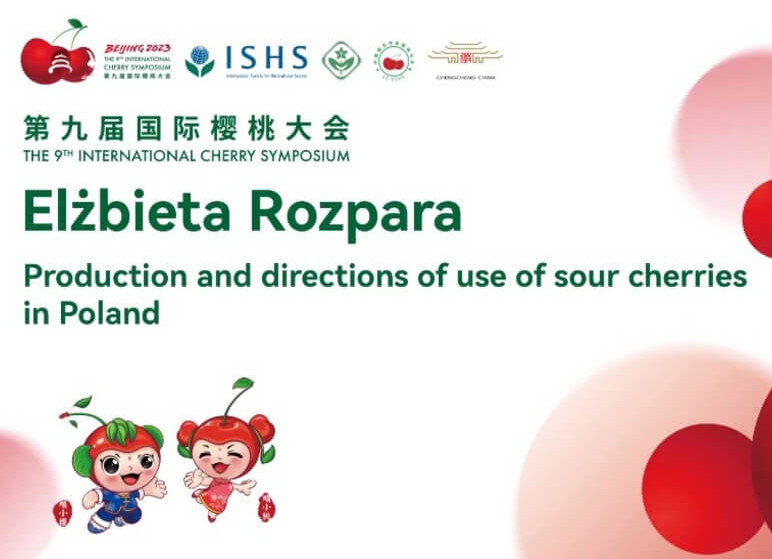The Michigan State University (MSU) has announced that one of its researchers has received a $325,000 grant from the National Institute of Food and Agriculture of the U.S. Department of Agriculture to develop a yeast-based biopesticide targeting the spotted-wing drosophila (SWD), an invasive pest affecting berries and tree fruits.
Julianna Wilson, an assistant professor in the Department of Entomology and a tree fruit specialist with MSU Extension, leads the multi-state team. The project also involves Molly Duman Scheel, a professor of genetics at Indiana University School of Medicine.
The researchers aim to create a yeast-based biopesticide modeled after approaches proven effective against other species of flies and mosquitoes. The product works by disrupting the protein translation of the pests' ribonucleic acid (RNA), a method first employed to combat destructive nematodes.
Wilson stated that this type of product is "one of a kind" compared to conventional pesticides, as it targets the gene expression of the pests while leaving non-target organisms unharmed.
The challenges of SWD
Native to East Asia and about the size of a grain of rice, SWD was first identified in North America in 2008. MSU researchers discovered the pest in western Michigan in 2010, and it has since caused significant damage to growers of soft-fleshed fruits such as berries and cherries.
SWD presents several unique challenges for management. While most pests infest rotting fruit, female SWD have a specialized egg-laying mechanism called an ovipositor, which is serrated and can puncture ripe fruits.
Additionally, harmful insect populations in crops usually have distinct generations, but SWD differs. Multiple generations can coexist and accumulate throughout the year, overwhelming vulnerable crops and wild plants.

Over a decade of research across the U.S. has led to various pesticide recommendations, but the issue persists. Increasing economic costs for growers and the long-term resistance effects of frequent pesticide sprays are causing significant consequences.
“When fruits are in a susceptible stage, growers still rely on weekly applications of broad-spectrum contact insecticides due to the rapid reproduction and prolific nature of SWD,” said Wilson. “And since there is zero tolerance for larvae in fruit at harvest, these conditions have resulted in high economic costs for growers and a substantial risk of resistant populations emerging.”
The potential of yeast
The new project combines Wilson’s expertise in applied research and extension with Scheel’s proficiency in RNA pesticide development. Yeast will serve as the base for its attractive and lethal properties against SWD.
Building on previous studies conducted by her mosquito research team, Scheel has already identified a toxic yeast strain for SWD that spares non-target organisms.
“We are excited to apply this new technology, which has worked well on mosquitoes, to develop novel control methods for SWD,” said Scheel. “Collaborating with Dr. Wilson’s talented team at MSU will speed up the translation of this technology from the lab to the field.”
Global relevance
Although the project will take place in Michigan and Indiana, researchers expect the findings to be relevant to growers worldwide. Wilson noted that Michigan is a prime location for testing new pest management products, thanks to strong relationships with industry organizations like the Michigan Cherry Committee and the Michigan Blueberry Commission.
“We want to do everything we can to protect these essential industries for Michigan agriculture,” said Wilson.
Read the full article: Fruitnet
Images: Hortidaily; FEM
Cherry Times - All rights reserved











